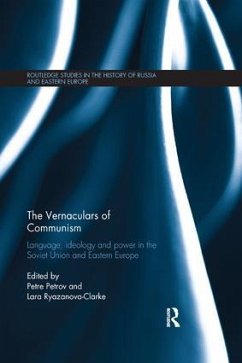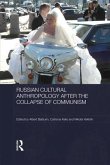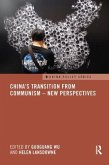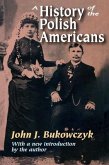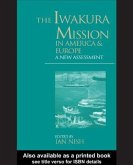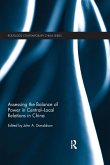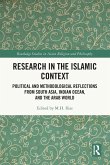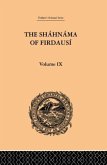The political revolutions which established state socialism in the Soviet Union and Eastern Europe were accompanied by revolutions in the word, as the communist project implied not only remaking the world but also renaming it. As new institutions, social roles, rituals and behaviours emerged, so did language practices that designated, articulated and performed these phenomena. This book examines the use of communist language in the Stalinist and post-Stalinist periods. It goes beyond characterising this linguistic variety as crude "newspeak", showing how official language was much more complex - the medium through which important political-ideological messages were elaborated, transmitted and also contested, revealing contradictions, discursive cleavages and performative variations. The book examines the subject comparatively across a range of East European countries besides the Soviet Union, and draws on perspectives from a range of scholarly disciplines - sociolinguistics, anthropology, literary and cultural studies, historiography, and translation studies.
Bitte wählen Sie Ihr Anliegen aus.
Rechnungen
Retourenschein anfordern
Bestellstatus
Storno

